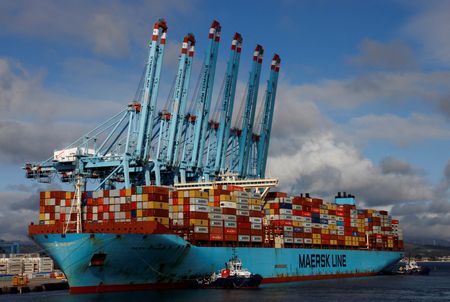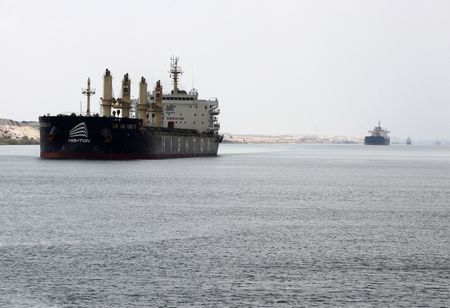TAIPEI (Reuters) – GlobalWafers Co Ltd said on Monday it aims to decide by the end of March on a new greenfield site as part of a $3.6 billion expansion plan put in place after its failed takeover of Germany’s Siltronic.
GlobalWafers said on Sunday it expected its total capital expenditure to reach T$100 billion ($3.59 billion) between 2022 and 2024, redirecting funds for a now-ended 4.35-billion-euro ($4.97 billion) takeover of the German chip supplier.
CEO Doris Hsu told a conference call that the company was evaluating the pros and cons of several candidate locations.
“Location – we haven’t finalised yet.
Our goal is to make a final decision by the end of March,” she said, adding they were earmarking $2 billion for it.
The failed acquisition comes as a global shortage of semiconductors has laid bare Europe’s dependence on Asian suppliers, which has triggered recent efforts to boost production across the continent.
Germany’s Economy Ministry said it was not possible to complete all the steps of the investment review, in particular a review of an antitrust approval granted by China only last month.
Hsu said demand was so strong they had had to turn down some customer requests for more supplies.
“I thought that we would have had Siltronic.
If we had had Siltronic then we would have had extra capacity,” she added. “If we have no Siltronic capacity then we have no choice, we have to build our greenfield.”
Asked whether GlobalWafers’ interest in Siltronic had now ended, Hsu declined to comment, saying the focus was to grow by themselves through their capacity expansion and Siltronic was now “a competitor again”.
The GlobalWafers deal would have created the second-largest maker of 300-millimetre wafers, behind Japan’s Shin-Etsu, as the semiconductor industry consolidates.
Germany has become wary of changes to its high-tech supply network after carmakers, one of its major sectors, were hit by the global chip shortage.
GlobalWafers secured a majority stake in Siltronic last year and initially hoped to have the transaction wrapped up in late 2021.
($1 = 27.8430 Taiwan dollars)
($1 = 0.8747 euros)
(Reporting by Ben Blanchard)









